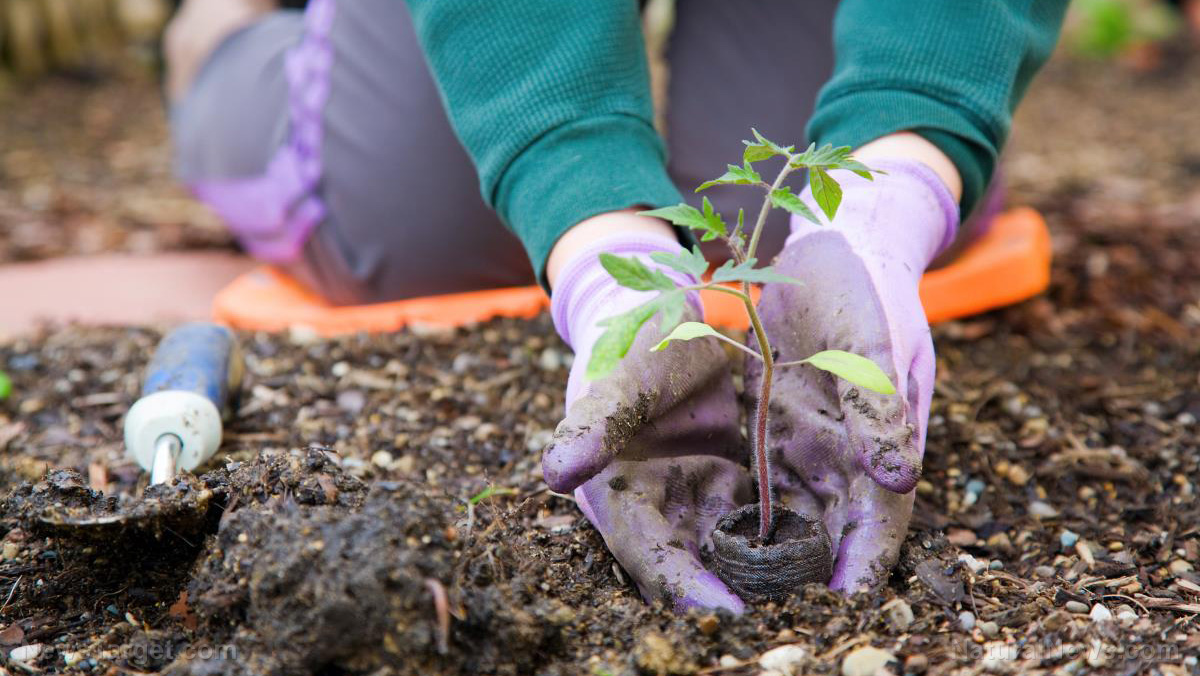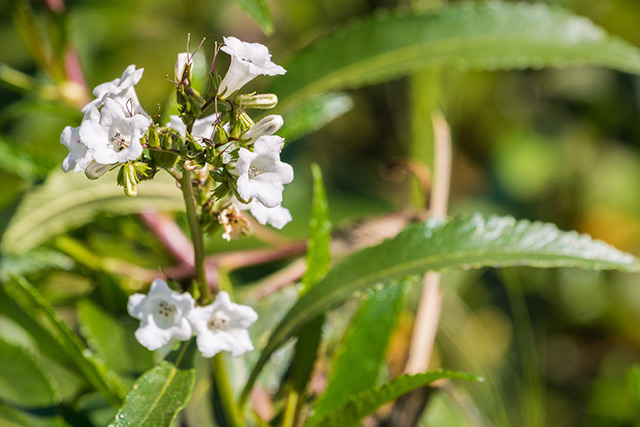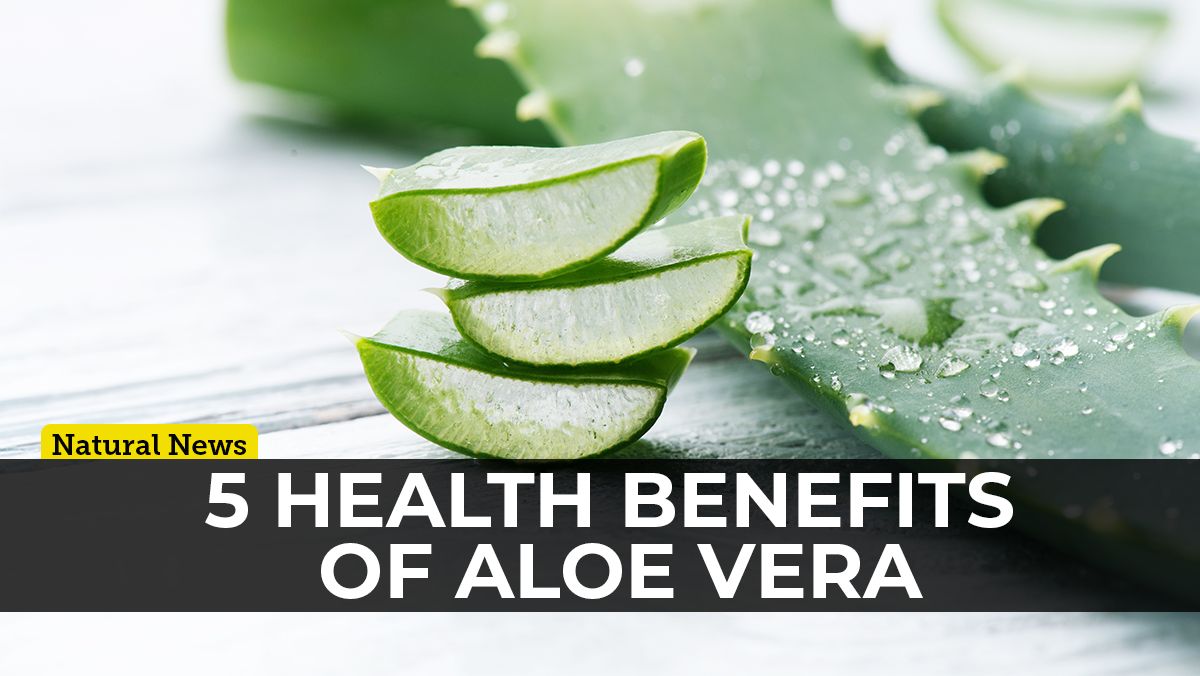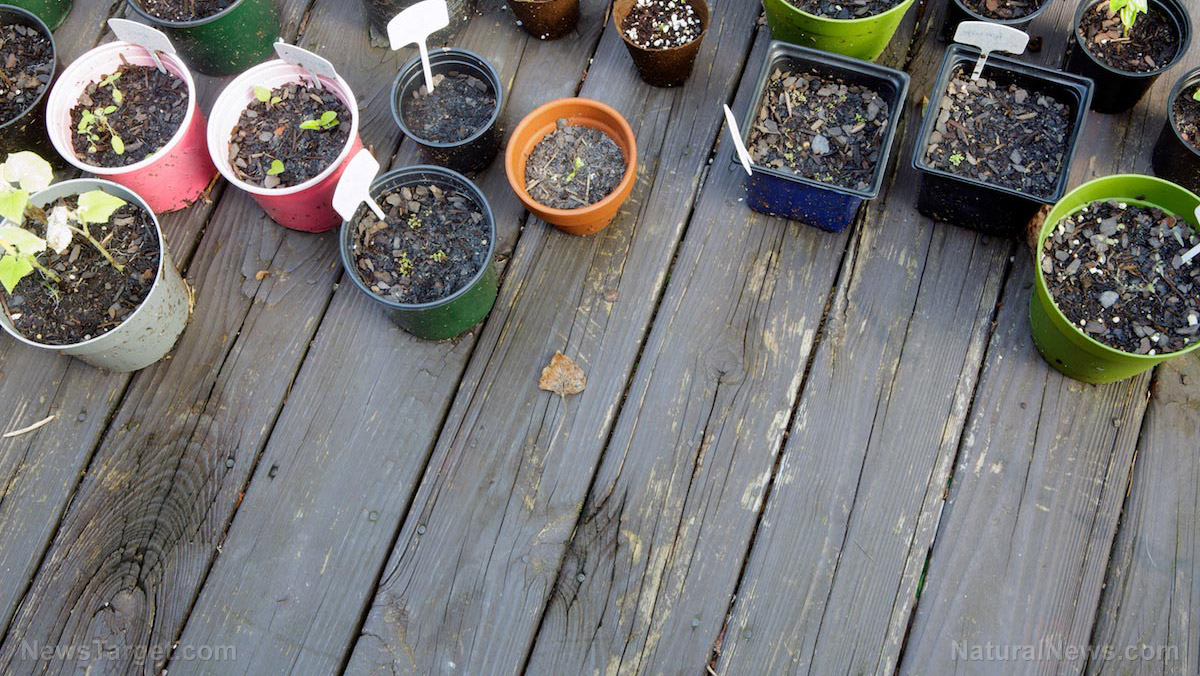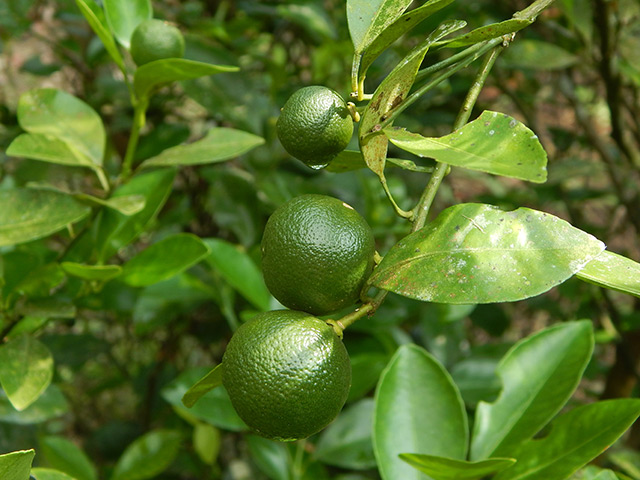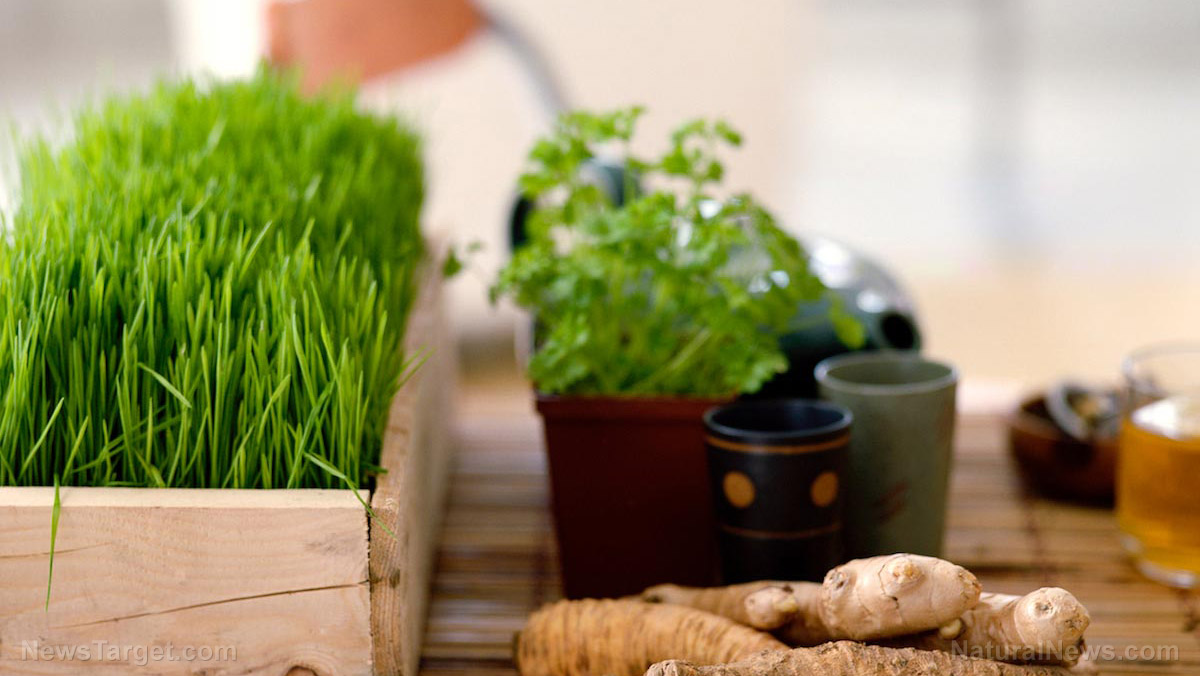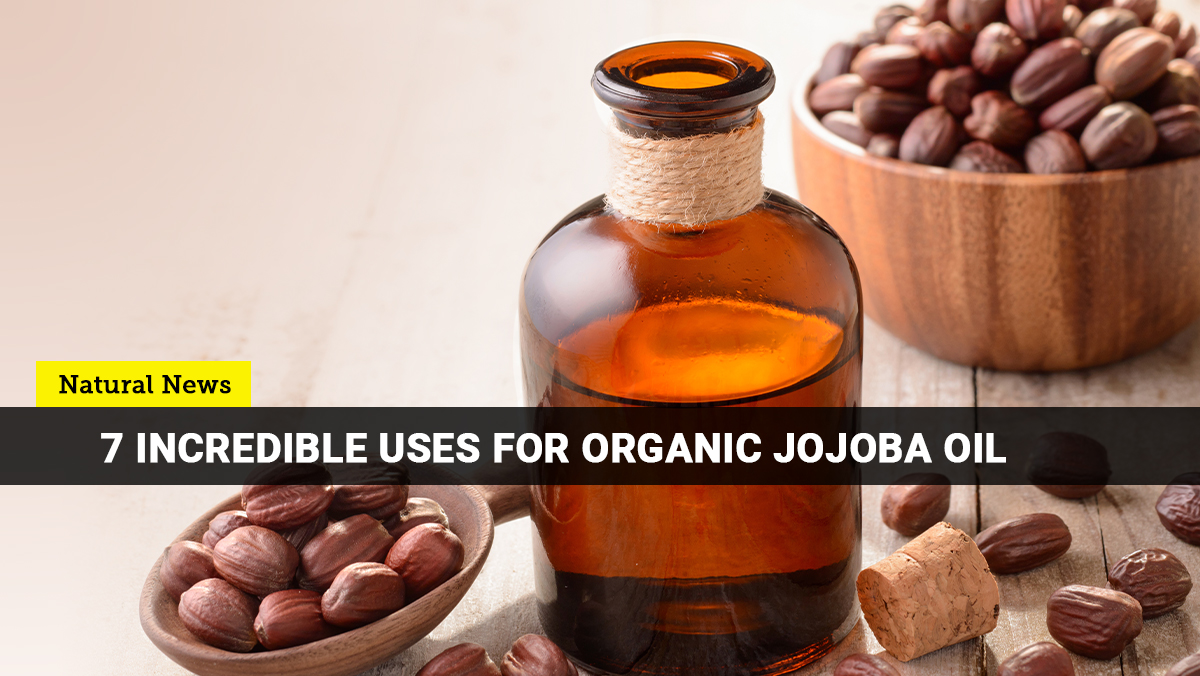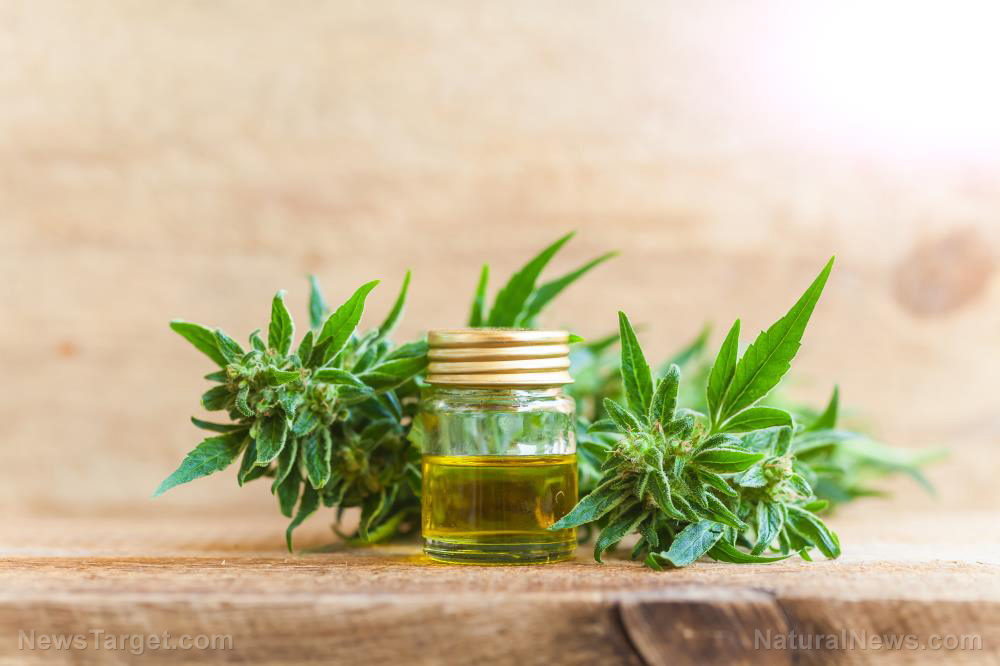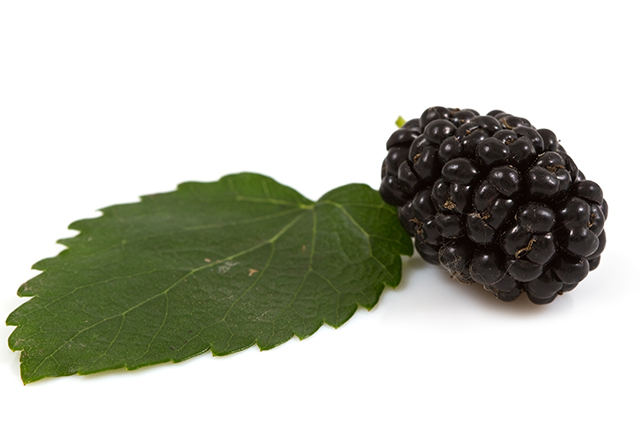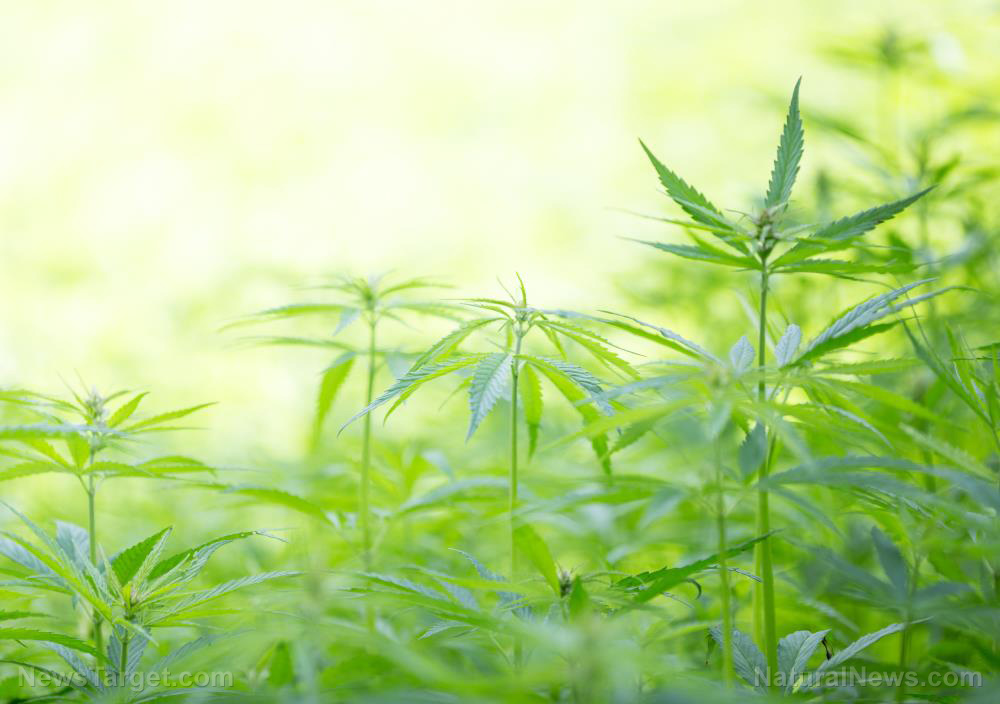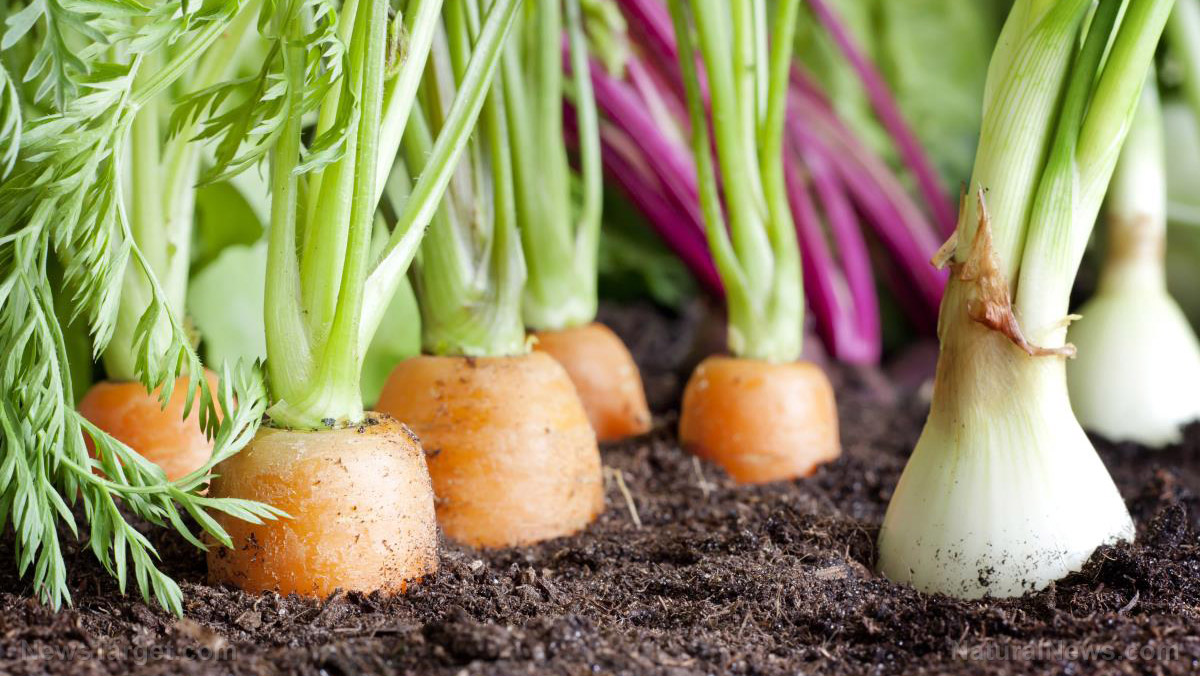The truth behind organic gardening: 5 Common myths DEBUNKED
10/16/2019 / By Zoey Sky

A lot of preppers have home gardens because they want to be self-sufficient while others grow organic food to ensure that it remains GMO- and pesticide-free. If you’re reluctant to start a home garden because growing organic produce seems more expensive, read on to learn more about common organic gardening myths and why starting a home garden is beneficial. (h/t to AskAPrepper.com)
Organic gardening is an eco-friendly method of growing plants – preppers with home gardens use natural fertilizers to keep the soil and the environment healthy.
Home gardeners who grow organic produce avoid chemical-laden synthetic pesticides. Instead, they use natural methods of weed control like mulching, newspapers, organic herbicides, or old-fashioned hand weeding.
If you’re having second thoughts about starting an organic home garden, below are five common organic myths and misconceptions, along with tips to make this method work for you.
Organic gardening isn’t for beginners
Don’t be intimidated by organic gardening. Like other prepping skills, you can eventually get the hang of organic gardening by doing your research, consulting experts, and learning from your mistakes.
No one starts with all the advanced skills of an experienced gardener. Work with the skills and tools you do have and start by eliminating chemical products from your garden.
Organic gardening gets a bad rap because your plants need a bit more looking after. But your hard work isn’t pointless because every additional task in your garden ensures that your veggies remain chemical-free and nutrient-rich.
Organic gardening is more expensive
Generally, organic produce is more expensive in grocery stores, which explains why most people think the same thing about organic gardening.
But to start an organic home garden, you need to invest in organic or non-GMO seeds and mulch, both of which are affordable. Another way to cut cost is by recycling or re-purposing old containers to make pots instead of buying new ones. (Related: Tips for starting your own organic garden.)
Make your own bug spray using natural and effective ingredients like garlic and peppers. Always look for cheaper and eco-friendly alternatives that won’t leave a hole in your wallet.
If you do things right, you can actually save more money by cultivating an organic home garden.
Wood chips are bad for an organic garden
Some people believe wood chips aren’t good for organic gardens because it decreases the nitrogen count in the soil.
However, organic gardeners often use wood chips as mulch since they are cheap and simple to use. Without nitrogen, plants can’t produce proteins or amino acids, which their DNA need to form properly.
Nitrogen is a major component of chlorophyll, making it essential for proper plant growth. Plants can grow in soil lacking nitrogen, but they’ll be stunted and less hardy then plants grown in healthy soil.
This myth stems from the belief that nitrogen in the soil will be siphoned off from the plants and into the wood chips to decompose the latter. Wood chips do draw nitrogen from the soil, but at a lesser rate that won’t significantly affect your crops.
Organic gardening requires constant watering
Some people think that newly planted crops in an organic garden must be watered daily because the roots get damaged while you’re planting.
In this case, the opposite is actually true. Damaged roots take less water and if there’s too much moisture, the roots will be worn down or even rot.
An organic garden usually requires watering only when the soil starts to dry. To prevent this, keep the soil moist once you start planting. Thoroughly watered soil takes about several days to dry out.
Test soil moisture by dipping your fingers into the soil. If it’s drying out, water it again.
Crop yield is reduced in an organic garden
High-yielding crops produce lots of vegetables per square foot of soil in a garden. Since home gardeners grow plants in smaller plots of land, most of them cultivate high-yielding crops to maximize space.
This myth assumes that chemical pesticides and synthetic fertilizers are necessary for a high yield since organic pest control and fertilization do not have the scope of the former.
But this belief is based on the idea that organic gardening doesn’t suit someone who wants to mass-produce vegetables, not small-scale gardening. While this is true for a larger farm, it doesn’t apply to an organic garden. Rest assured that you can grow organic and high-yielding vegetables in a smaller plot of land.
Compared to regular gardening, organic home gardening does require a bit more effort. But in the end, the eco-friendly methods will yield clean, nutritious food for the whole family.
Sources include:
Tagged Under: DIY kitchen garden, food freedom, food independence, gardening, gardening myths, gardening tips, home gardening, homesteading, how-to, kitchen garden, off grid, organic gardening, organic gardening myths, preparedness and survival, prepping, SHTF, survival, survival skills, sustainable living, weeding
RECENT NEWS & ARTICLES
GrowYourMedicine.com is a fact-based public education website published by Grow Your Medicine Features, LLC.
All content copyright © 2018 by Grow Your Medicine Features, LLC.
Contact Us with Tips or Corrections
All trademarks, registered trademarks and servicemarks mentioned on this site are the property of their respective owners.







